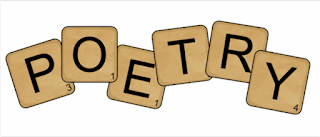Teaching Creative Writing Reflection
Creating the Lesson For this lesson, I chose to have students create a recipe for the most disgusting food using imagery and sensory details to appeal to their readers. When starting this assignment, I browsed the internet for possible inspiration looking for something I knew the students would enjoy. When I found an example of the world's most disgusting sandwich, I instantly had an idea! I wanted students to create their own recipe but how could I make this educational and adhere to the standards? Have students create their own recipe while incorporating imagery! I thought this would be an exciting activity that the students would enjoy. Teaching the Class I have completed a number of teaching demonstrations during the past few years of my academic career. However, this was my first virtual classroom experience, and I was a bit nervous to be teaching a class through the computer. But there is a first time for everything! I believe I did well keeping a good pace and tone w...

.jpg)